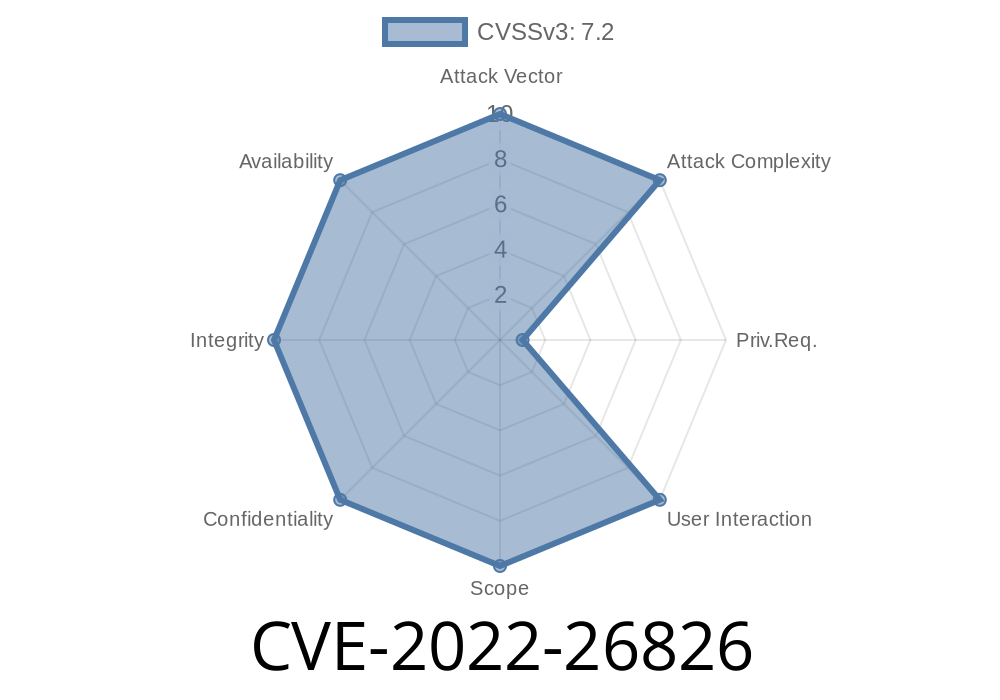This is a DNS function code execution vulnerability in the hostname resolution of a DNS server. When a DNS server receives a query for a domain name with a specially crafted hostname, it can be exploited by an attacker to execute arbitrary code. DNS is a fundamental service that processes names to locate corresponding IP addresses and other information. This could be exploited by a malicious DNS server to deliver a maliciously constructed DNS response to a client, which could lead to a client-side attack.
This vulnerability can be exploited by an attacker to execute code on the DNS server. End users can be attacked through DNS poisoning, DNS reflection, and DNS amplification attacks. DNS attacks targeted at DNS servers can be performed through DNS amplification, DNS reflection, and DNS poisoning.
DNS Amplification Attack
DNS amplification is a form of denial of service attack in which the attacker sends a small amount of data to the victim, which causes a response from the victim that is many times larger than the original request. This amplified response makes it difficult for the victim's network to handle and results in an attack that can be almost impossible to stop.
On average, an attacker with enough bandwidth can launch a DNS amplification attack with a payload of about 50k bits, but this can range anywhere from 1k-50M bits. When attackers use DNS poisoning, they only need to fool one person for the entire world to be affected. This is because when an attacker uses DNS poisoning, their targets will send packets back to any victims who have the same server name as their own, causing these victims to amplify their requests as well. This type of attack could be difficult to defend against if your organization doesn't maintain complete visibility over all devices on your network.
Timeline
Published on: 04/15/2022 19:15:00 UTC
Last modified on: 04/18/2022 19:18:00 UTC
